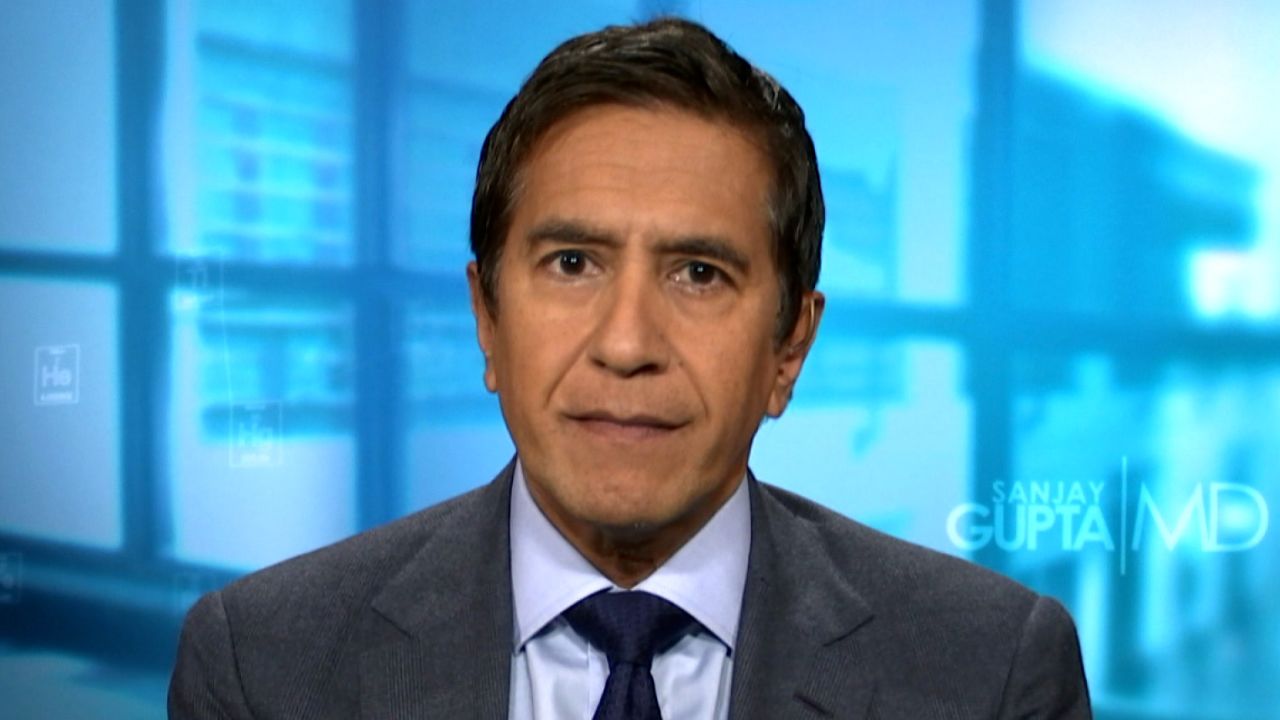Drugmakers AstraZeneca and Johnson & Johnson both said Friday they are set to resume their paused coronavirus vaccine trials in the United States after health scares.
AstraZeneca’s trial had been on hold since early September, and Johnson & Johnson’s trial had been paused since earlier this month
AstraZeneca said the US Food and Drug Administration authorized the restart Thursday after reviewing all of the global safety data and concluding it was safe to resume. The trial had already resumed in other countries.
The trial was paused after a volunteer in Britain developed a neurological condition.
Johnson & Johnson’s trial was put on hold October 12 due to a study participant’s “unexplained illness,” the company said. The company said Friday “no clear cause” was identified.
“Preparations to resume the trial in the United States are now underway,” the company said, including submissions for approval by Institutional Review Boards. Johnson & Johnson’s statement did not specify when the trial would begin again but a source familiar with the process said it could restart at some point next week, pending IRB approval.
“There are many possible factors that could have caused the event. Based on the information gathered to date and the input of independent experts, the Company has found no evidence that the vaccine candidate caused the event,” the company’s statement said.
The Johnson & Johnson vaccine trial started September 23 with a plan to recruit 60,000 patients in eight countries, including the United States. In its statement Friday, Johnson & Johnson said discussions with regulators around the world are “progressing.”
Government health officials, as well as outside experts, have said the holds are an example of how the safety process is working and protecting Americans from any potentially dangerous vaccines. Regulators wanted to check to make sure any problems could not have been caused by the vaccines.
AstraZeneca has been working with Britain’s University of Oxford to develop its vaccine, one of four that have started late-stage, Phase 3 trials in the US.
An internal AstraZeneca safety report obtained by CNN last month showed the study volunteer, a previously healthy 37-year-old woman, “experienced confirmed transverse myelitis” after receiving her second dose of the vaccine, and was hospitalized on September 5. The woman was enrolled in the UK arm of the trial, which is run by the University of Oxford.
Get CNN Health's weekly newsletter
Sign up here to get The Results Are In with Dr. Sanjay Gupta every Tuesday from the CNN Health team.
The document, labeled an “initial report,” described how the study participant had trouble walking, weakness and pain in her arms, and other symptoms.
The company said in the release Thursday that results from late-stage trials are expected later this year, depending on infection rates where the trials are being conducted.























